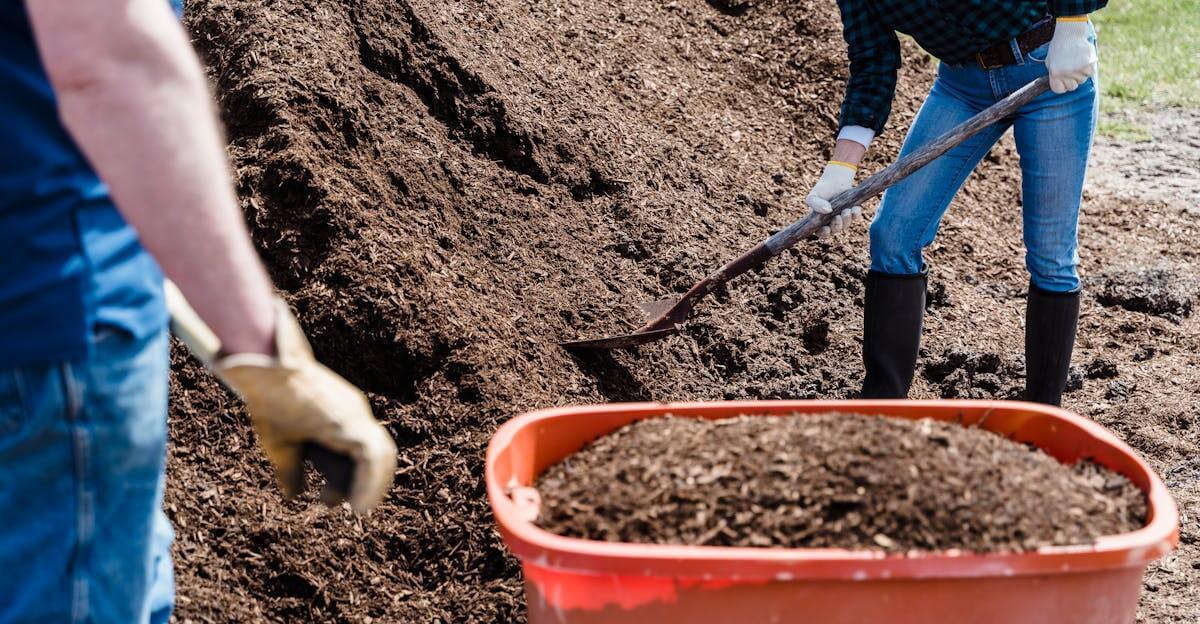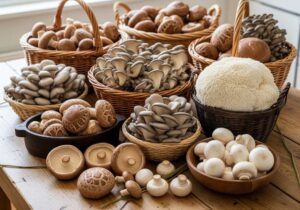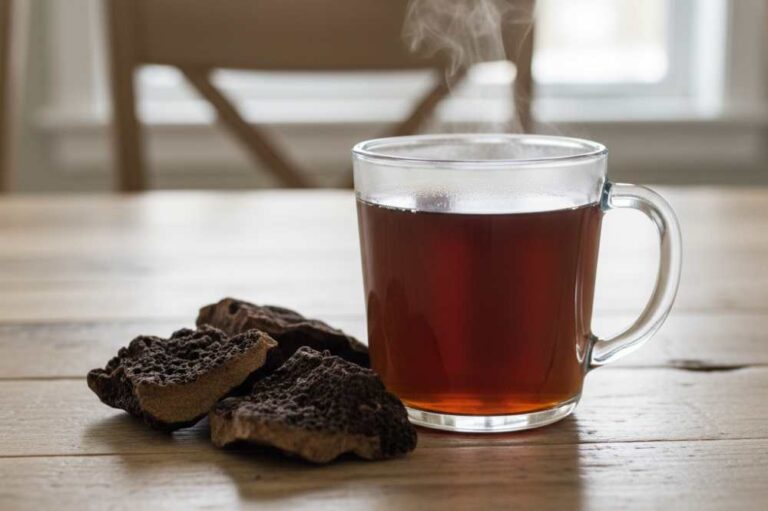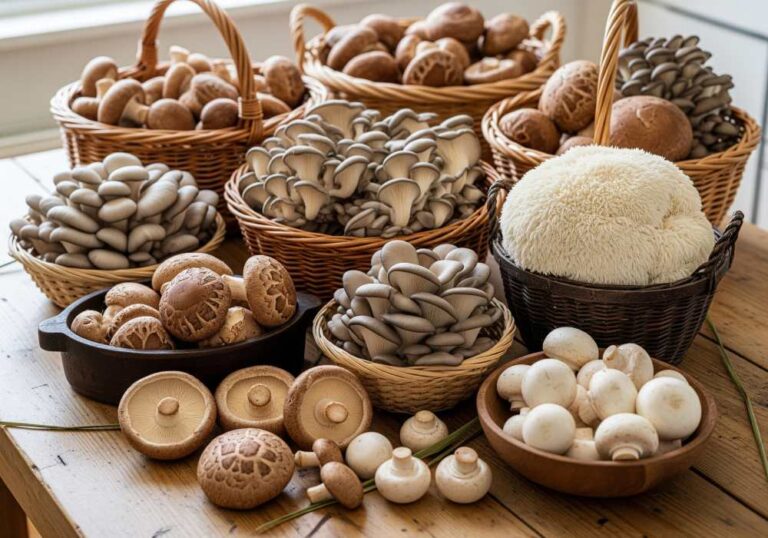Healthy soil is the secret to a thriving garden. But keeping your soil rich and full of nutrients isn’t always easy. This is where compost comes in.
Compost is like a superfood for plants, helping them grow strong and healthy. But not all compost is the same. Some gardeners swear by regular compost, while others prefer mushroom compost.
Choosing the right compost can make a big difference in plant growth, soil texture, and even water retention. Some composts work better for certain plants, while others might cause problems if not used correctly.
That’s why it’s important to understand what each type of compost offers before deciding which one to use.
The Basics: What is Compost and Why Does It Matter?
Compost is nature’s way of recycling. It’s made by breaking down organic materials like food scraps, leaves, and plant waste into a nutrient-rich soil additive. Instead of throwing away kitchen scraps or yard clippings, composting turns them into something useful for your garden.
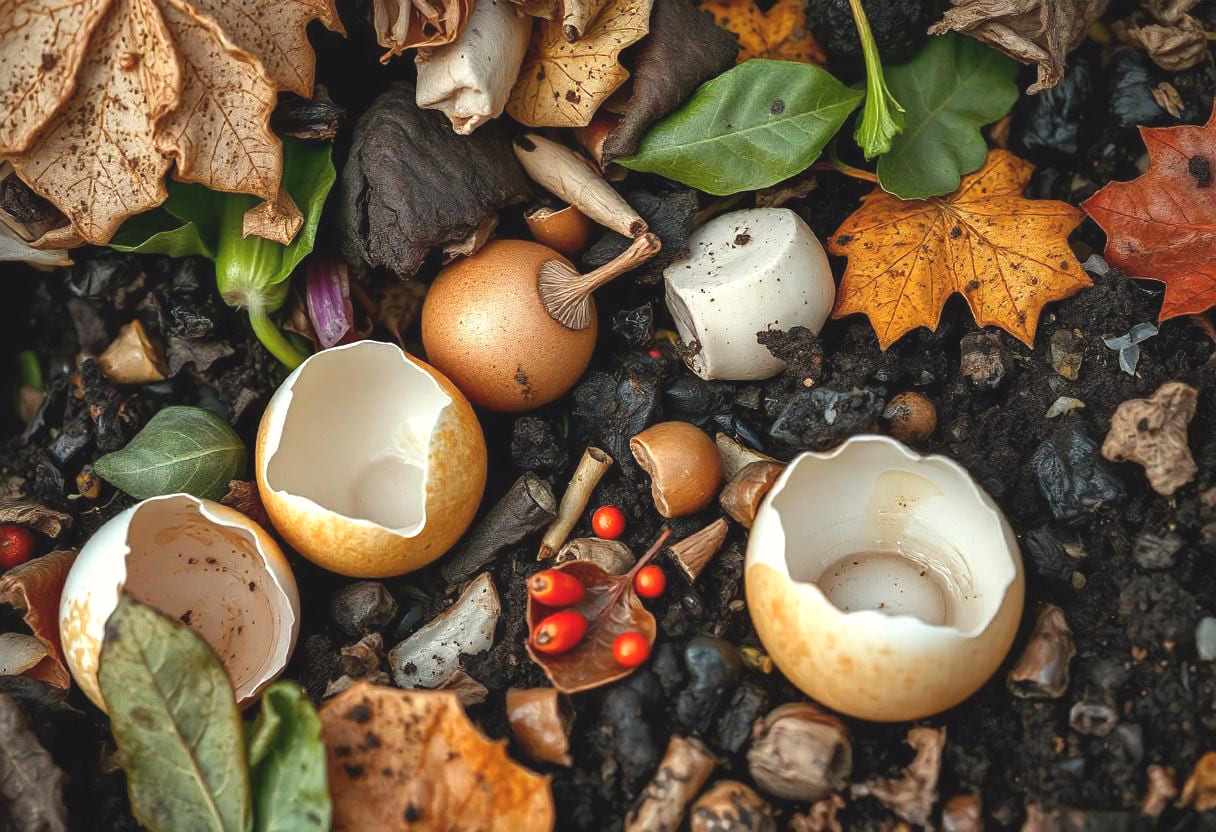
How does Compost work?
Composting is a natural process driven by tiny living organisms. Bacteria, fungi, and earthworms break down organic matter over time. As they do, they release essential nutrients that plants need to grow. These nutrients include nitrogen, phosphorus, and potassium—the same elements found in chemical fertilizers but in a more natural and balanced form.
The process also creates humus, a dark, crumbly substance that improves soil structure, helping it hold water and nutrients. When added to garden beds, compost boosts soil health, reduces the need for synthetic fertilizers, and helps plants resist diseases.
Why is Composting Essential for Gardening?
- Improves Soil Quality – Compost makes sandy soil better at holding moisture and loosens clay soil, making it easier for plant roots to grow.
- Feeds the Soil, Not Just the Plants – Compost continuously releases nutrients over time, unlike chemical fertilizers that provide a quick nutrient boost.
- Reduces Waste – Instead of sending food scraps and yard waste to landfills, composting recycles them into something useful.
- Encourages Beneficial Microorganisms – Healthy soil contains tiny microbes that help break down organic matter and fight off harmful pests.

Mushroom Compost vs. Regular Compost: Which is Best?
Both mushroom and regular compost are winners for a garden, but they have different strengths. Mushroom compost excels at improving soil structure and drainage, while regular compost is a versatile soil amendment rich in nutrients.
What is Mushroom Compost?
Mushroom compost is a type of compost that comes from the mushroom-growing industry. But despite its name, it doesn’t contain mushrooms. Instead, it is made from the materials used to grow mushrooms, such as straw, hay, corn cobs, poultry manure, and gypsum. Once mushrooms have been harvested, the leftover compost is repurposed for gardening.
This compost is valued for its ability to improve soil condition and retain moisture. Gardeners often use it to refresh tired soil, making it more suitable for plant growth. It also provides a steady supply of nutrients, releasing them slowly over time.
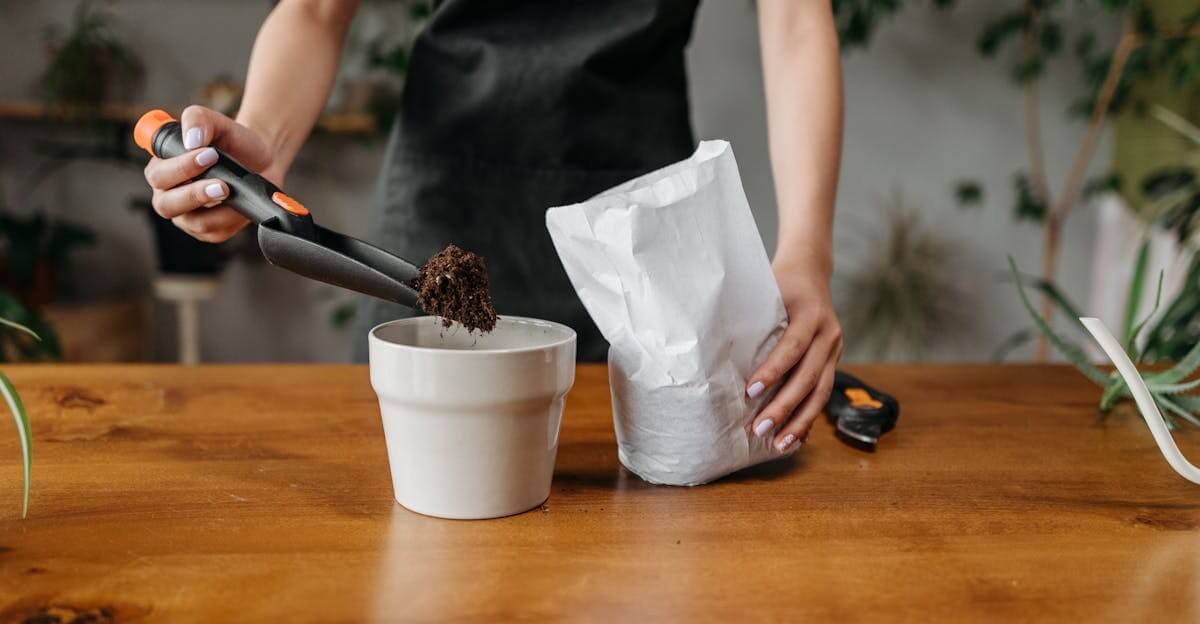
However, like any soil additive, it has limitations. Due to its unique composition, some plants thrive in it, while others may struggle.
One of the reasons mushroom compost is popular is because it adds organic matter to the soil, making it richer and more fertile. Many gardeners also find it useful in dry areas where water retention is a challenge. But before using it, it’s crucial to understand how it interacts with different plants and soil conditions.
What is Regular Compost?
Regular compost is what most people think of when they hear the word “compost.” It is made from everyday organic materials such as fruit and vegetable scraps, leaves, grass clippings, coffee grounds, and even small amounts of manure. This mixture decomposes naturally, creating a dark, crumbly material that can be added to soil to improve its fertility.
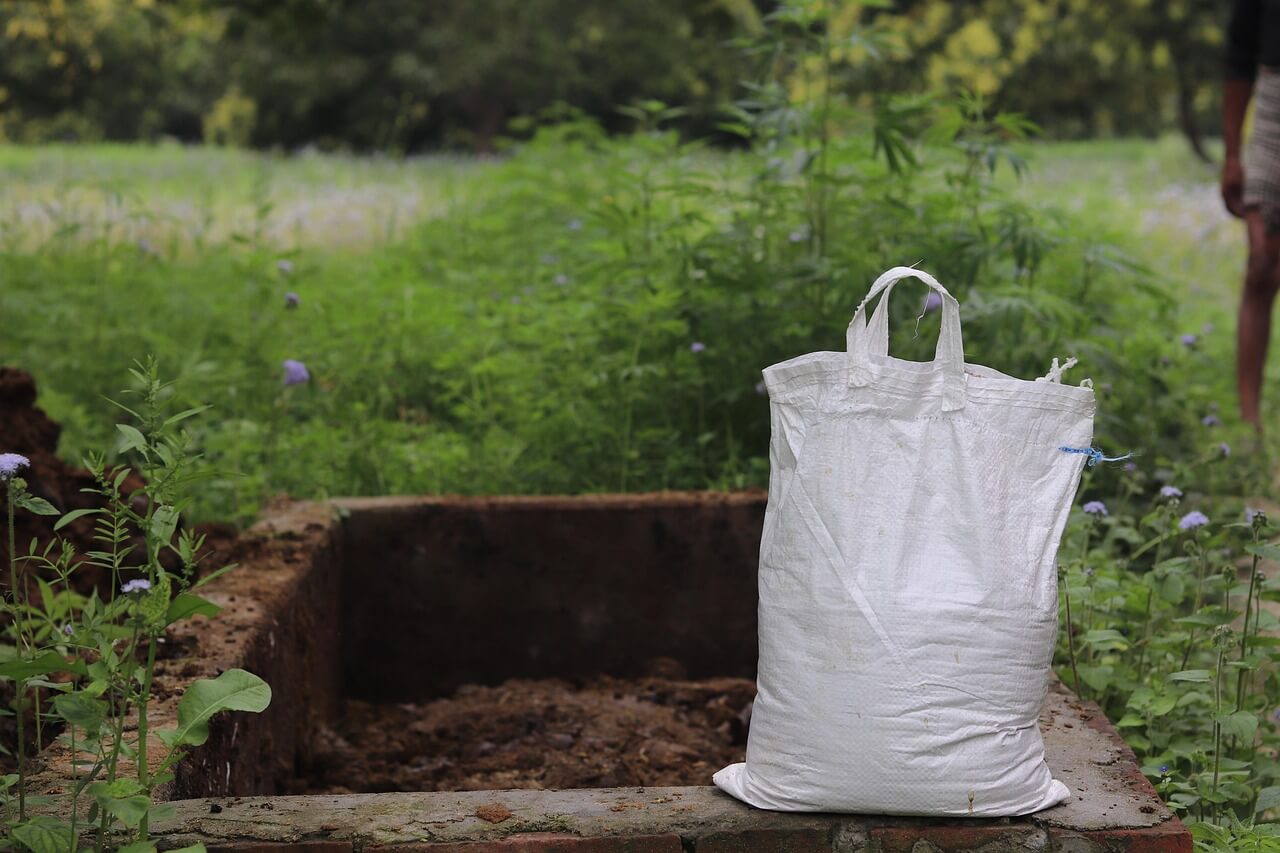
One of the most significant advantages of regular compost is its versatility. It can be used in almost any garden, whether for vegetables, flowers, or trees. Since it is made from a mix of different organic materials, it provides a balanced blend of nutrients that plants need to grow.
Regular compost is also easy to make at home. It allows gardeners to recycle their kitchen and yard waste while creating a valuable soil amendment. Whether purchased or homemade, it helps maintain soil health, supports beneficial microorganisms, and encourages strong plant growth.
However, its effectiveness depends on how well it is prepared and how it is used in the garden.
Mushroom Compost vs. Regular Compost: Key Differences
Here is a comparison of both:
| Feature | Mushroom Compost | Regular Compost |
| Nutrient Content | Rich in calcium, nitrogen, and potassium | Balanced mix of organic nutrients |
| Best Used For | Soil conditioning, water retention | General gardening, plant nutrition |
| Salt Content | Higher—may affect sensitive plants | Lower—safer for most plants |
| pH Level | Slightly alkaline | Neutral to slightly acidic |
| Availability | Can be harder to find | Easy to make or buy |
| Cost | Slightly more expensive | Budget-friendly |
Which One is Right for Your Garden?
Choosing between mushroom compost and regular compost depends on what your garden needs. Both have their strengths, but they work best in different situations.
When to Use Mushroom Compost
Mushroom compost is an excellent choice if your soil needs better moisture retention. If you have sandy soil that dries out quickly, adding mushroom compost can help it hold water for longer, reducing the need for frequent watering.
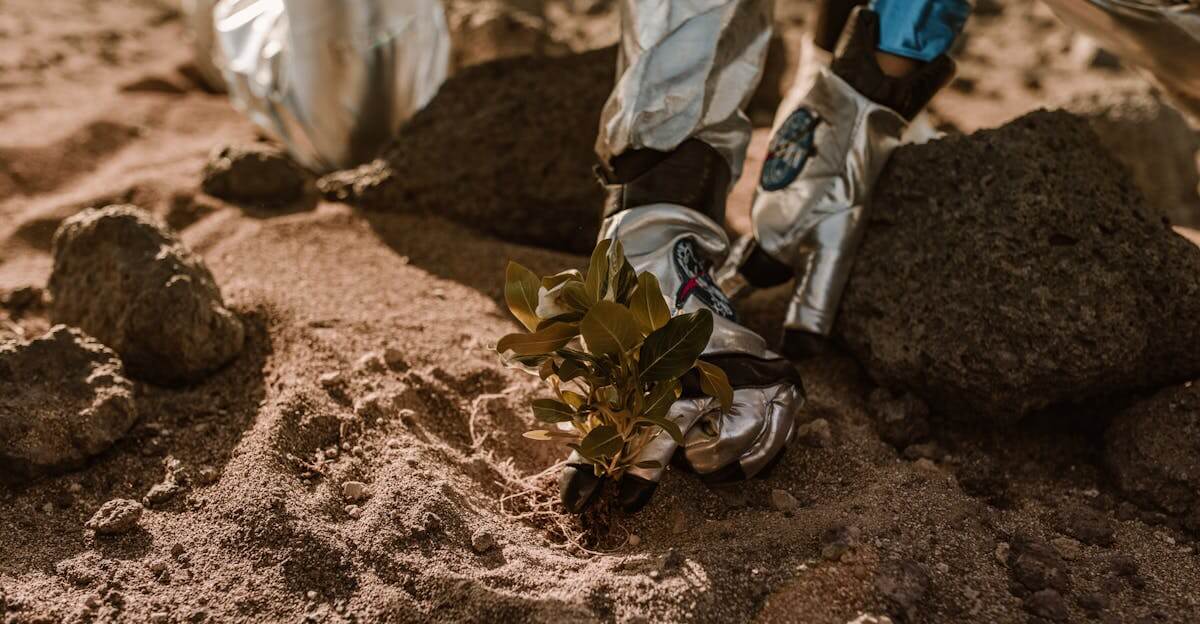
It’s also useful for improving soil structure. If your soil is compacted or heavy, mushroom compost can make it looser and more aerated, allowing roots to grow more efficiently. Additionally, plants that prefer alkaline soil, such as brassicas (cabbage, broccoli, cauliflower), often do well with mushroom compost. However, it’s important to use it sparingly on young lawns, as the salt content can be too strong for tender grass seedlings.
Some plants are sensitive to the salts in mushroom compost. If you’re growing delicate plants like blueberries, azaleas, or rhododendrons, it’s best to avoid using mushroom compost.
When to Use Regular Compost
Regular compost is a more flexible option that works well in almost any garden. It provides a balanced mix of nutrients, making it ideal for vegetable gardens, flower beds, and general soil improvement.
Since regular compost is made from a variety of organic materials, it helps maintain a natural soil ecosystem. It encourages earthworms and beneficial microbes, which further improve soil fertility. If you want a well-rounded, all-purpose compost that’s easy to use, regular compost is a solid choice.

Another advantage of regular compost is that it’s safe for nearly all plants. Whether you’re growing fruits, vegetables, or ornamental plants, you can use regular compost without worrying about excessive salts or pH imbalances.
You can combine both and make a customized compost blend that addresses your specific gardening needs. For example, mixing mushroom compost with regular compost can provide a balanced combination of nutrients, improved soil structure, and enhanced water retention.
Always test your soil pH before applying compost. While mushroom compost can help buffer soil pH, it’s essential to ensure the pH is suitable for your desired plants.
Final thought
Both compost types have their own strength. By carefully considering these factors and understanding the unique characteristics of mushroom and regular compost, you can select the perfect compost to nourish your garden and achieve better plant growth.

